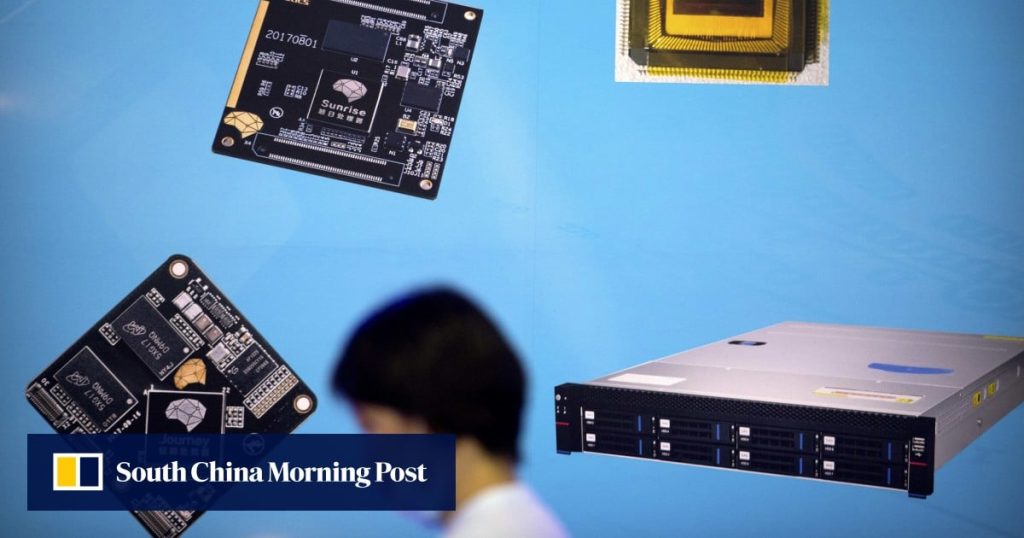On Sunday, US President Donald Trump announced on social media that the exemption for smartphones and laptops from China would be temporary, adding that there would be a national security-related trade investigation into China’s semiconductor sector.
US Commerce Secretary Howard Lutnick confirmed the same day that the electronic goods would be included in the upcoming semiconductor tariffs, which will come in a month or two.
“These are things that are national security, that we need to be made in America,” he said in an interview with US broadcaster ABC.
Lutnick added that the semiconductor tariffs would fall outside of Trump’s “reciprocal tariffs”, under which levies on Chinese imports soared to 125 per cent last week.
As the world’s largest semiconductor market, China has been ramping up efforts to boost its domestic chip industry in recent years amid heightened US-China tech tensions, with a growing export volume of integrated circuits (ICs), commonly known as chips.
In 2024, China exported 298.1 billion IC units, a year-on-year increase of 11.6 per cent.


